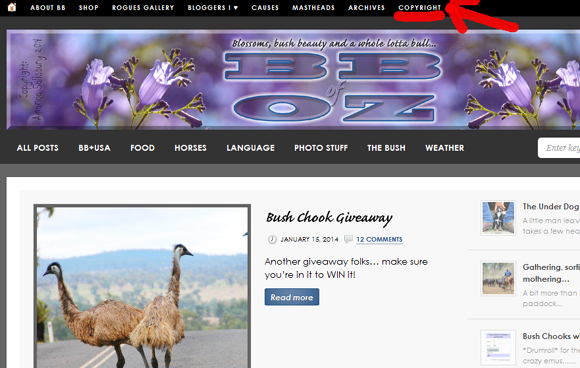
Online ettiquette: IMAGE COPYRIGHT
I don’t know about you, but I am often taken aback at the actions of people when they go online… they say things they would NEVER say to someone’s face, they jump on bandwagons that would horrify their nearest and dearest, and they help themselves to stuff they would surely never contemplate taking In Real Life.
That said, I am always then astonished at how incredibly well-behaved and downright fabulous people are when they visit me here on the blog, or on my Facebook page. I don’t really know why, but it is a fact of which I am deeply grateful. I have never (touch wood) had any kind of abuse or vitriol aimed at me here, and (to my knowledge) my images have generally been respected. Clearly I have some pretty special subscribers and casual visitors – I count my blessings and touch wood!
However, the other day, I stumbled on a page where a group had ‘borrowed’ one of my photos to illustrate their own Facebook post (in this case, a shared press release).
 (NB The page was not run by the MLA)
(NB The page was not run by the MLA)
I was a bit shocked – not in the least because it was completely inappropriate for the story. And that it was taken without permission – by people whom I doubt were motivated by anything sinister, they just liked the photo. And thought they had the right simply to take it for their own use.
Hmmmm.
I protested – in a message to them and to the world (mentioning it on my Facebook page).
In the following comments thread, I had someone point out that I pretty much had no recourse, that once something was published online I pretty much gave up all rights to it.
Hmmmm again.
So I did a little research. As an ex-news media person, I have a bit of basic understanding of copyright and my rights as a photographer. As a social media user, I have watched as the boundaries I knew all too well have become stretched and tested.
So what ARE our rights? We ALL share our photos, so we are all essentially photographers. What are our rights to our photographs once we share them online?
Firstly we need to understand the difference between ‘sharing’ and ‘re-using’. Facebook (in particular) is set up to make it easy for people to ‘share’ content. But their tool doesn’t simply ‘take’ the image away from the original owner, indeed they are actually acknowledged: the reader clicking onto that image will be taken back to the original posting of it. Basically if you ‘share’ (only possible if the original poster makes their image ‘public’) you also automatically share the link to the original source, which will bring with it the original wording (and therefore intent) accompanying it.
And if people like it, they can stay and interact further with the owner of that image. Win-win.
However if you download that same image and re-upload it to your own page or with your own words on another page, you are actually stealing. It’s a fact!
This Lifehacker article is clear on the rights of the original creator of the image:
“Copyright law gives the copyright holder the right to decide where their work is published and maybe they don’t want their work on your site, in your book, included in your newsletter or distributed to your social media network. It’s not for us to question why they wouldn’t want “exposure.” Most works first published after March 1, 1989 do not require a copyright notice, which is great given the speed we can upload photos at today. At the same time, this lack of copyright notice has some people believing that there are no restrictions to its use. Indeed, every one of those selfies with duck lips on Instagram is subject to copyright.”
Check out this post in which Internet Attorney David L Amkraut* explores the myths about photo use on the internet.
- Unless you have specific permission, you can not distribute, copy, publicly display, sell, or otherwise exploit or commercially use someone else’s photos.
- Photos posted on newsgroups are not yours to use. They are not in the “public domain.” In fact, with extremely rare exceptions, no recently-created photo is in the public domain.
- The “Fair Use” doctrine almost never excuses infringement of a photograph, particularly where the infringing use is commercial or where it hurts the market for the photo.
- Copyright is normally valid with or without a copyright notice.
- Copyright infringement is copyright infringement regardless of the infringer’s motive.
- People who infringe photographs are likely to be crushed in Court, and even have their businesses closed down.
- Copyright violation may be treated as a serious crime, as well as a civil wrong.
The Copyright Council of Australia also reinforces these basic rights. It also advises photographers about how to assist in preventing image theft.
“Consider using low resolutions or mark your copyright material with electronic rights information such as a watermark. That way, at least if someone takes your material from your website, it can still be traced back to you.”
Then there is this article photographer, Francis Vachon** which talks about the 10 Bogus Excuses People Use When Stealing Photos from the Internet. Among his pertinent points:
“EXCUSE: The photo is on the Internet, therefore it is free to use!
Is a photo easy to copy when it’s on the Internet? Yes. Does a photo lose its copyright status when it’s uploaded on the Internet? No. A photo does not magically fall into the public domain when it’s uploaded to the Internet. The photographer keeps his copyright and, depending of the country, his photo will remain copyrighted between 50 to 70 years after his death. Only after that will it fall on the public domain.
EXCUSE: I found it on Google Image, therefore it is free to use.
Google Image is not a free stock photo agency. Google does not owns any photos showed as a result of your search. Google’s job is to find images that fit your search query. Someone else own the photos and the copyrights.
EXCUSE: It’s on Facebook, and everything on Facebook is on public domain.
Contrary to the common belief, a photographer does not lose his copyright when a photo is uploaded on Facebook. Facebook Term of Service says:
You own all of the content and information you post on Facebook
So can you share a photo posted on Facebook? Usually, but under certain conditions. Facebook Term of Service says:
You can control how [your photo] is shared through your privacy and application settings.
That means a photo on Facebook can be shared by another user only by using the “share” button and only if the photographer allows it from his privacy setting. You cannot save it on your computer and use it anywhere else on Facebook or the Internet.”
Here is the relevent section from the actual copyright statement posted on Facebook:
If you have ever wondered why I watermark all my images and post a copyright notice on each blog banner I use, and reinforce it with a message on my Copyright page… I am trying to be clear: LOOK all you want, SHARE on FACEBOOK if you like, but PLEASE do not copy and re-use.
It’s the right thing to do. Common courtesy would tell you that. But it’s also the LEGAL thing to do.
What about your responsibilities?
Whenever I have used another image online (which is rare) I will contact the person or company where I find the image. I explain the use and I offer to link back to the original site. I do share public news images from time to time – and I ALWAYS link back to the site from which I got that image. It is tricky when it comes to You Tube and re-published works. I try to err on the side of caution and link to official artist pages where possible.
The sneaky handover…
One thing I WILL pinpoint here is online photo competitions. Among the reasons I am often reluctant to enter ‘competitions’ is because – in their fine print – you are actually signing over your copyright to the organiser of the contest – it’s a really, really clever way of gathering images. The contest organiser will usually ask entrants to waive copyright of ALL SUBMITTED ENTRIES. Sometimes I don’t mind, if I think the images will be used wisely and well. Of course there is a little bit of kudos involved, which is always nice. But really, I want to keep my very best images for my own purposes.
I think all photographers (and let’s face it, we are all photographers in the digital age) should be aware of exactly what they hand over when they enter contests, share other images and post their own online.
Hope this helped you understand your rights a little more – researching it certainly assisted me!
🙂
PS The Facebook site which took my image to use for their own purposes has responded to my request to remove it. And I said ‘Thanks’.
* From “The 7 Deadly Myths of Internet Copyright” by Los Angeles Attorney David L. Amkraut, Email: CopyrightFacts@Earthlink.net ** Francis Vachon link : http://www.francisvachon.com/blog/10-bogus-excuses-to-use-a-photo-you-found-on-the-internet/#sthash.jkw3yYU0.dpuf
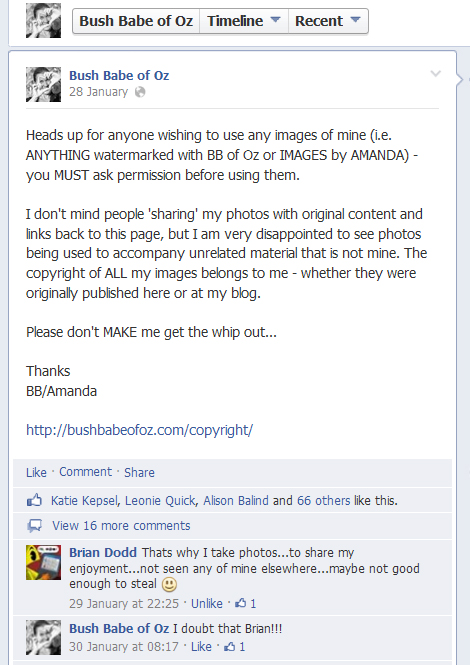
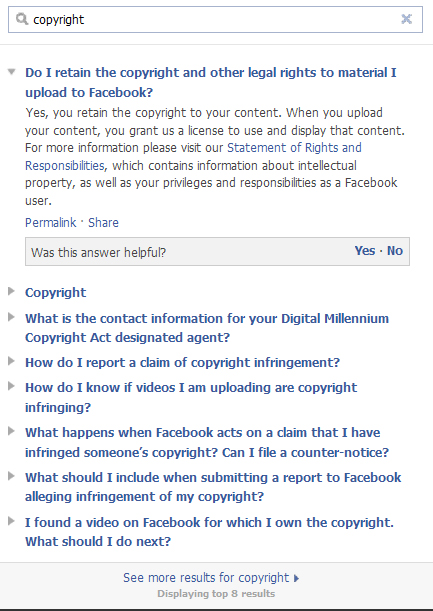

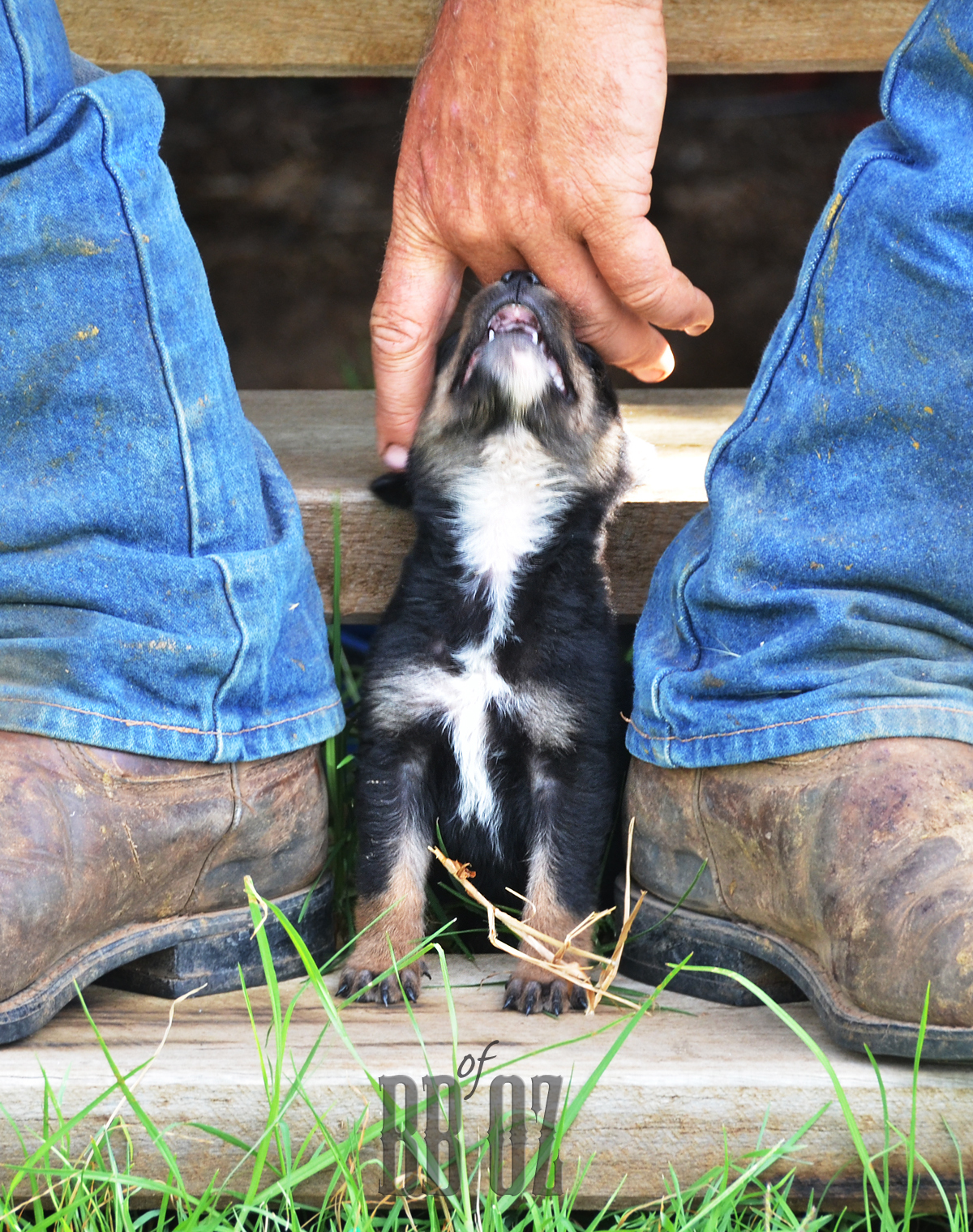
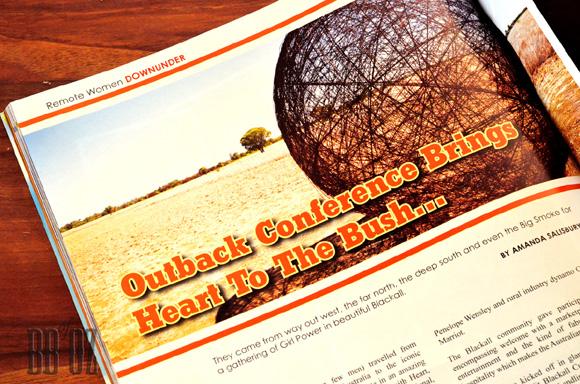
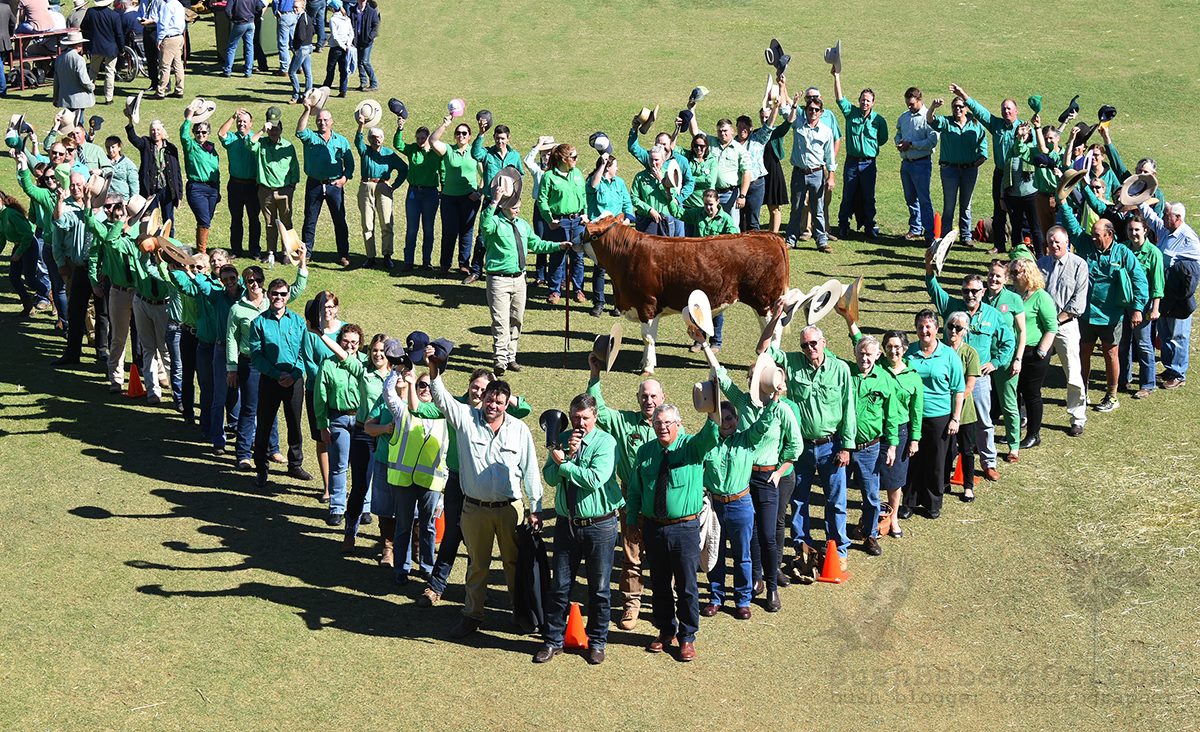
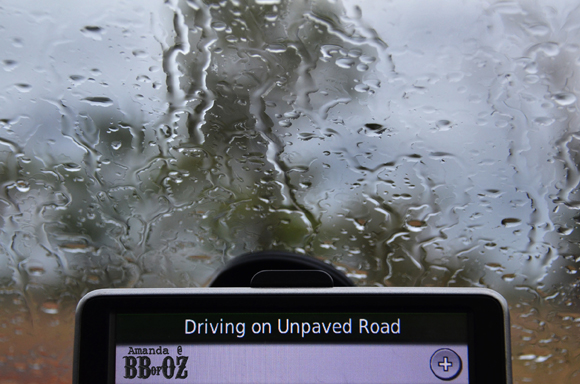
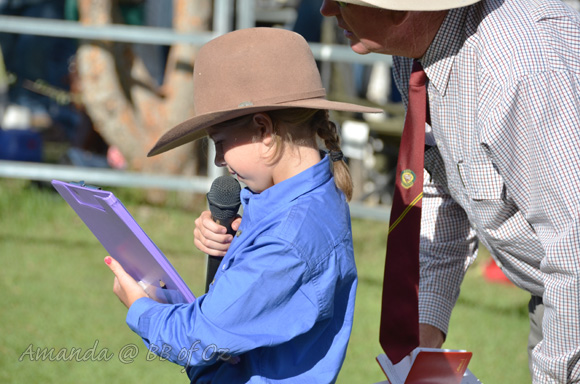
16 Comments
jeanie
Thank you and well done on the research!!
jeanie´s last blog post ..Insomnia-manial Interludes in the Early Morn…
Bill
Great job of research and management. This is another reason that I am glad to not be famous or important. Fame takes a lot of hard work.
Kelly
I appreciate the extensive research that went into this post! I don’t get much traffic at my place (or my Twitter feed), but will link to it (tweet it) anyway. You never know who might benefit!
Kelly´s last blog post ..Favorite Five – Cartoons
Jayne
Good research on a sticky topic!
And yay they took down your image 😀
Jayne´s last blog post ..January 29 Celebrations!
Ignacio
I really appreciate the effort you put into researching the legalities of the copyrighting issue…it helped clear up a “fuzzy” topic…Thanks!
Hippomanic Jen
And people wonder why I won’t just use images gleaned on the net. I drive people mad trying to find the ‘right’ image for stuff (including taking dodgy photos of my own for illustrations because I know then I have the right to use them). Other people look at me blankly when I groan about not having the best illustration, “but why don’t you just google it?) Grrr.
Ali Elle Morris
Hi Amanda! Fantastic post – so well researched, it was clear and to the point. 🙂
Pingback:
frayed at the edge
I’ve just popped over from Kelly’s thoughts and ramblings. A very interesting post – too many people think that they can help themselves not just to photos, but also to content, from blogs. I once had an email from an online shop thanking me for a pattern I had done a tutorial for onn my blog – they were now making the item and selling it!
frayed at the edge´s last blog post ..Not the best way …….
Andrew
I am pleased you put that together. I do use other people’s photos at times but always credit them and link them back to the original. I have asked in the past and generally people were quite unfriendly about it, even though I clearly explained the innocuous context. I credit media organisations if I use their photos, but if it is in wide circulation, perhaps not. Tumblr is a weird beast because you often cannot find a source for a photo. If it is sincerely a photo a person took and generously posted on the net for whatever reason, I hope I don’t have to ask as long as I make it clear it is not my photo and whose photo it is. Say I saved one of your photos because I really liked it, as I do many of your photos, and published it on my own blog and said have a look at this fantastic photo Bush Babe has taken. If it was just a link, no one would bother, but if the photo was there for people to see with the link, maybe they will become a Bush Babe reader. Yes, I know this goes against the law, but it is not photo stealing, perhaps photo using. The law needs to catch up with the reality of what happens when a photo is put on the net. I am quite happy, perhaps flattered if someone used a photo of mine in the manner I have described above. But we should not be too precious about our photos either. Sorry, I have written a novella.
Andrew´s last blog post ..Matters Family
SleeplessInKL
I totally agree on your point re: online photo competitions. Many other photo contests (not necessarily online) put the same thing in the fine print which few people seem to read. It’s a worrying issue that must be addressed somehow.
SleeplessInKL´s last blog post ..Taking Things A Day At A Time
Des @ Vocational Courses
Very good topic. Theses once happen to me but I just ignore it but I guess you are right about the copyright thing. Thanks!
Thom Elliott
Thanks for the info.
Chantel McAlister
Hi Amanda,
Thanks for steering me in the direction on your post about copyright issues on online photos. A very interesting read and some great research.
It is very disappointing the amount of times I have seen my work downloaded and reposted on facebook instead of shared. Do you know if there is a setting on facebook business pages that we can chose so they are unable to be downloaded?
Thanks again for a great blog!
BB of Oz
Thanks Chantel – yes it seems manners go RIGHT out the window sometimes. Am not sure about that setting for Facebook – so easy for someone to screenshot, but I never understand why people bother when FB is SET UP to SHARE (with links automatically back to author – win-win, you’d think!).
🙂
Amanda
Melissa Chambers
Thank you so much for the helpful information.
Melissa Chambers´s last blog post ..What to Pack in a Picnic Bag